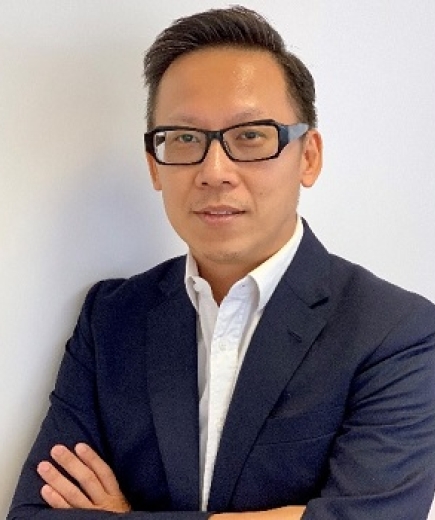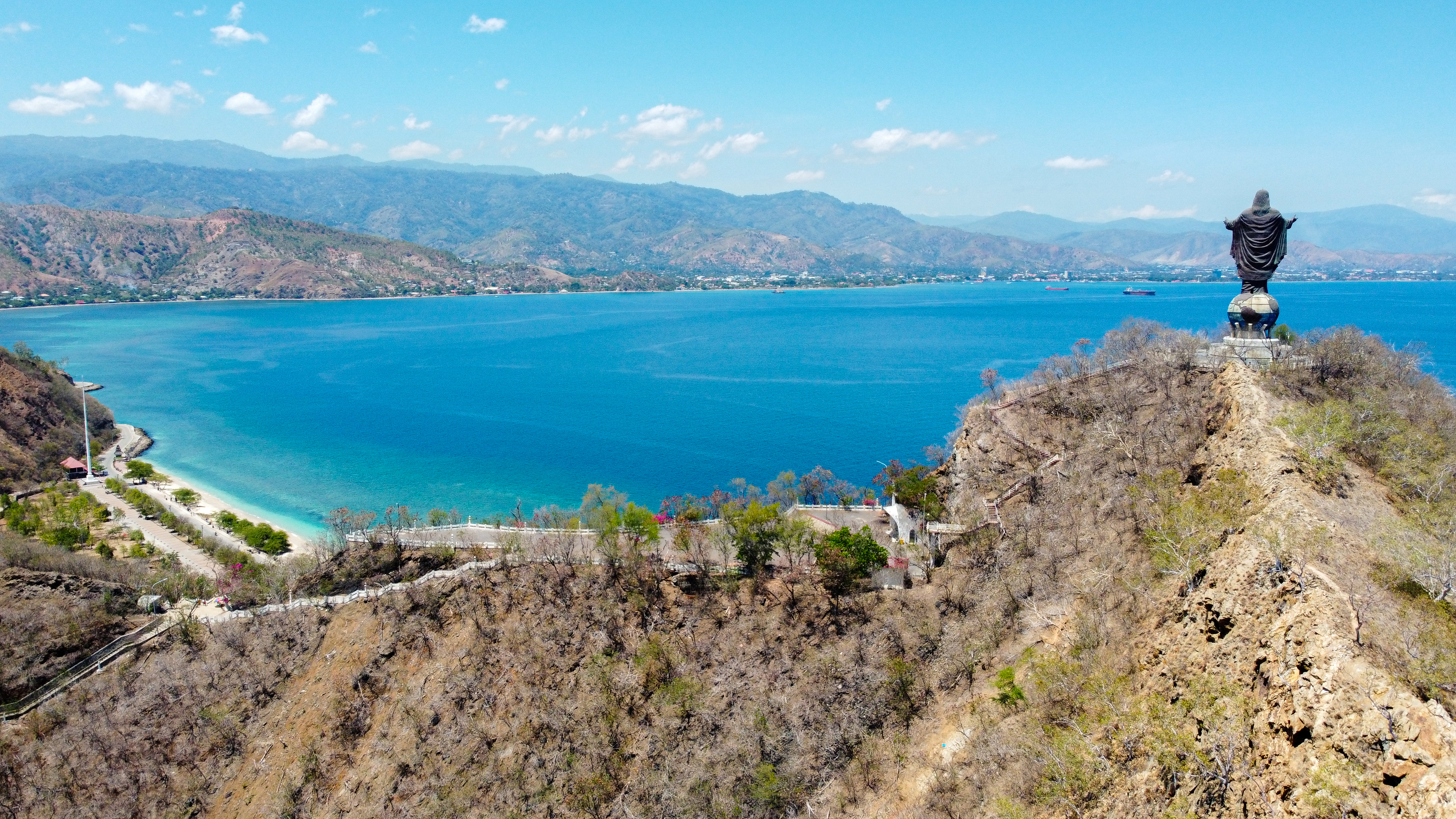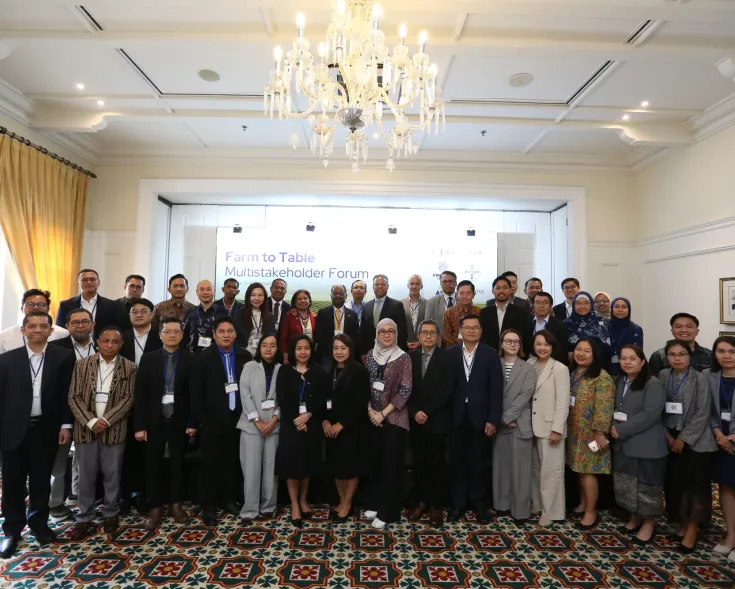
Leslie Chong is the Vice President of Public Affairs, Communications, and Sustainability (PACS) for Coca-Cola ASEAN & South Pacific. Leslie brings more than two decades of experience in Asia Pacific in government and regulatory affairs across some of the biggest names in the consumer goods industry. Prior to joining Coca-Cola, Leslie was Vice President of Corporate Affairs, Asia Pacific for Suntory Beverage & Food. He has held key leadership roles at Diageo and British American Tobacco, following a career in the public sector with Enterprise Singapore. Leslie has vast experience leading public policy, government affairs, communications and sustainability teams in China, Taiwan, HK, Southeast Asia, Asia Pacific, South Asia and Africa. Leslie holds a degree from National University of Singapore and is fluent in English and Mandarin. Leslie lives in Singapore with his wife, three sons and dog. In his free time, he enjoys cycling and reading.

Intern

Intern

As a part of Marc Mealy's visit to Jakarta, we would like to invite you to the in-person members briefing on tariff negotiation. Marc Mealy is USABC's Executive Vice President of Research and Chief Policy Officer. This will be held on Thursday, February 5, 2026 from 14:00 to 15:15 WIB (GMT +7) at WeWork, Revenue Tower, SCBD.

